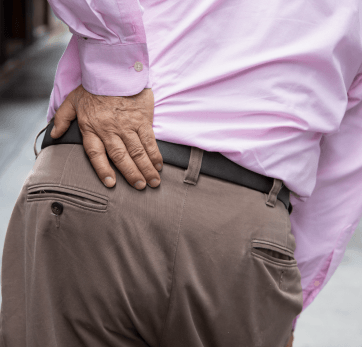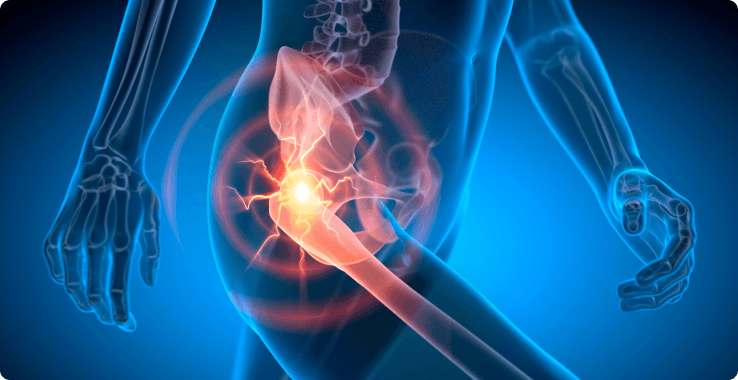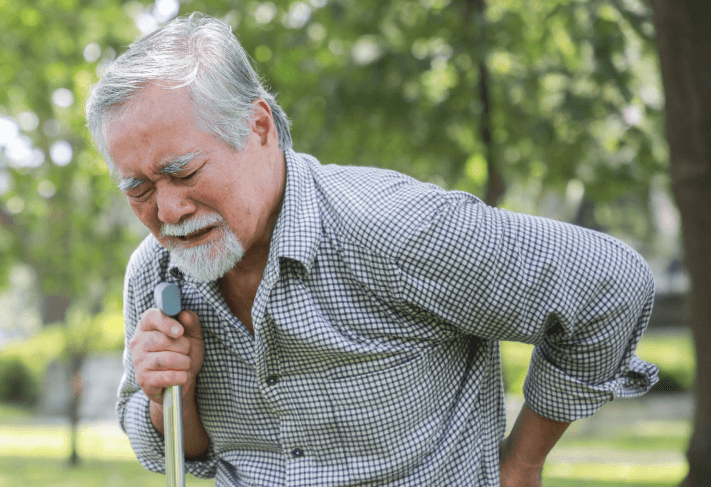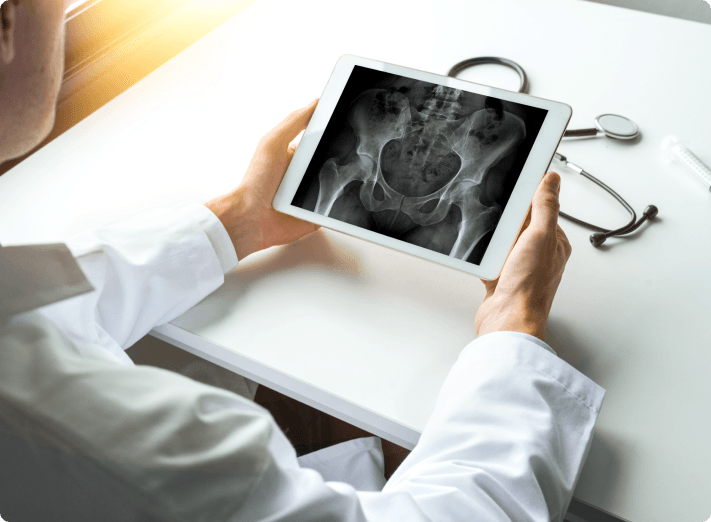What is Hip Arthritis?
Hip arthritis refers to the inflammation and degeneration of the cartilage that lines the hip joint. The hip is a ball-and-socket joint that connects the thigh bone (femur) to the pelvis. When the cartilage, which serves as a cushion, wears down over time, it causes pain, stiffness, and limited range of motion. Over time, the bone surfaces may start to rub against each other, leading to further pain and inflammation.










